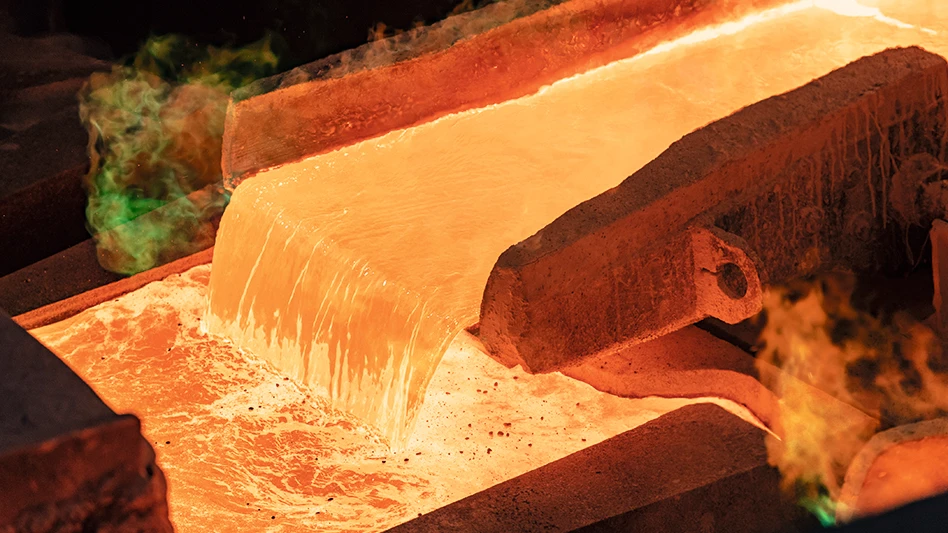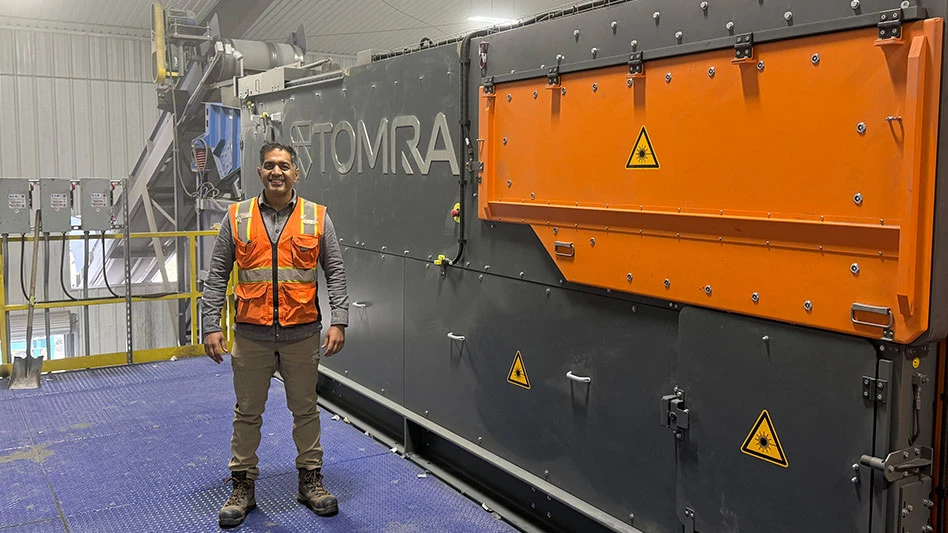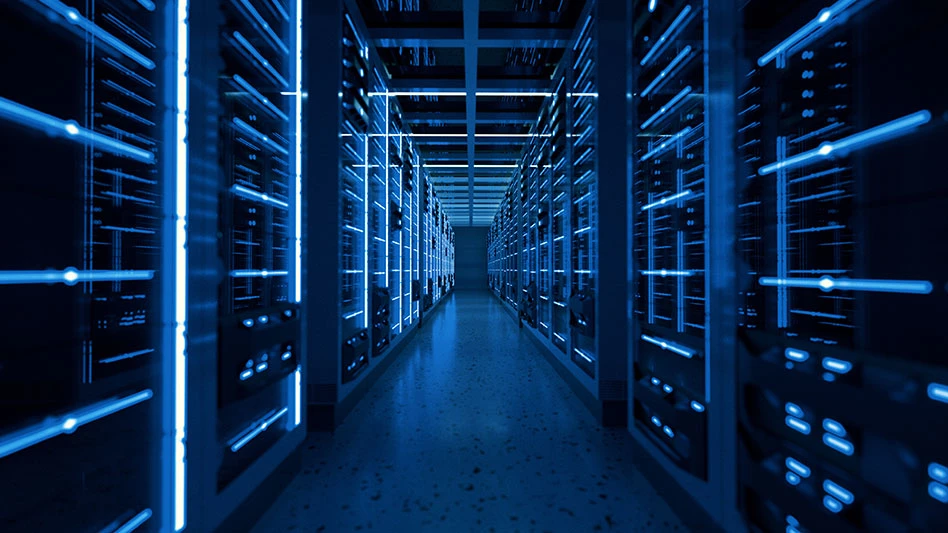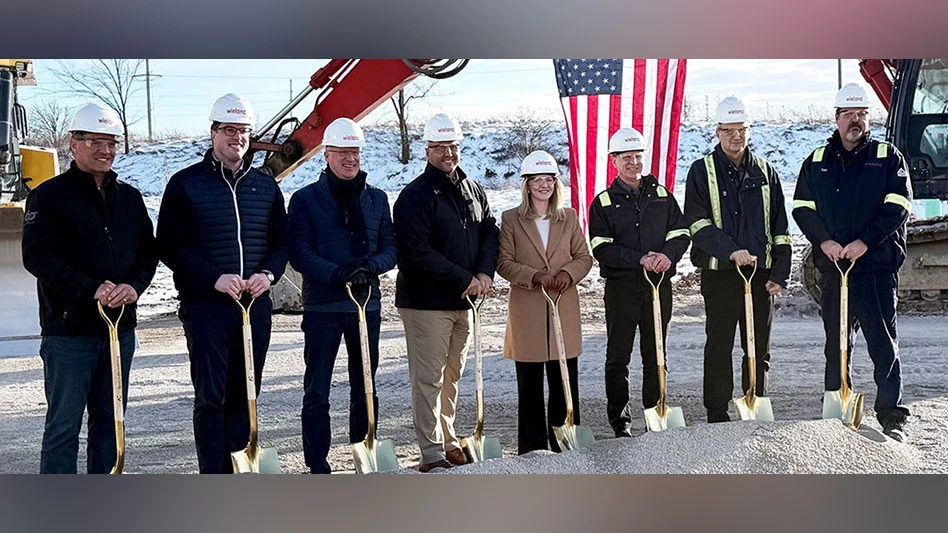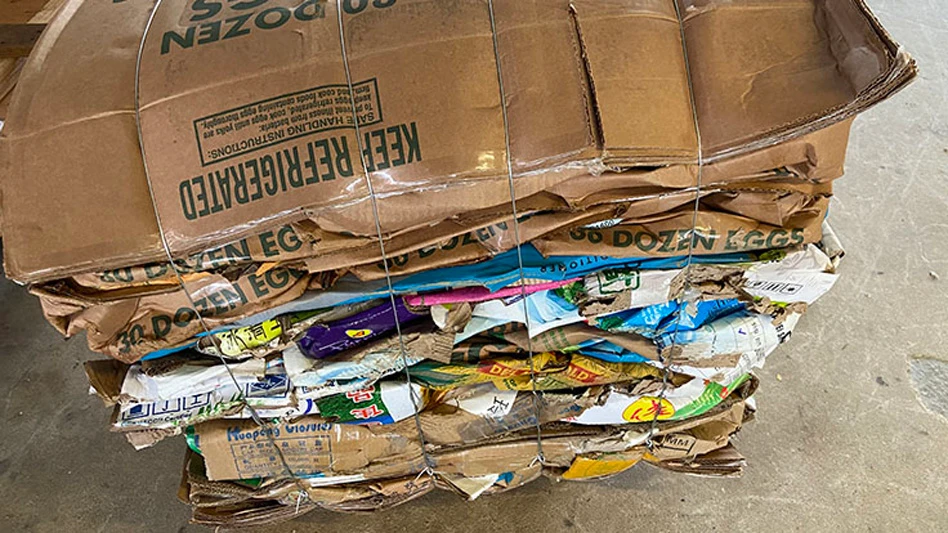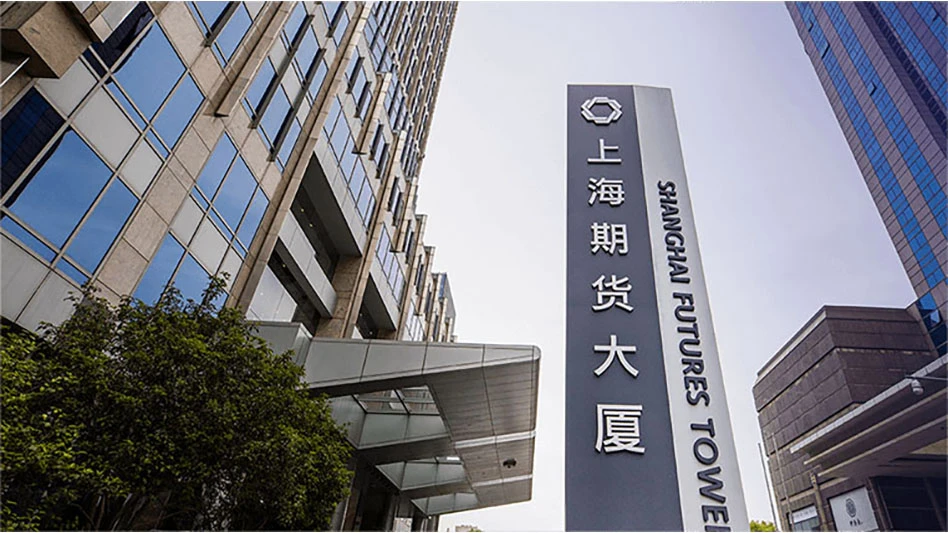
As it navigates the ever-changing waters of the North American battery recycling industry, adaptability, a focus on safety and producing a high-quality product continue to guide Blue Whale Materials LLC (BWM).
The Washington-based company has come a long way from its 2015 startup as a brokerage that primarily shipped end-of-life batteries overseas for processing in South Korea. Currently, through its own fundraising efforts and a grant through the Bipartisan Infrastructure Law, BWM operates a battery testing facility in Indiana and is nearing the opening the company’s first commercial-scale lithium-ion battery (LIB) recycling facility in Bartlesville, Oklahoma, expected to begin operations this summer.
That facility could be the first of several regional sites in the U.S. as BWM continues to grow, according to co-founders David Fauvre and Robert Kang.
The plant will discharge and separate batteries and production scrap into what Fauvre and Kang describe as a high-quality, low-impurity black mass product, called Blacksand, that contains high concentrations of lithium, cobalt and nickel. Blacksand will be used by refiners, battery manufacturers and even other recyclers on the material’s journey back into new battery cells.
“We think [Blacksand] is really well-positioned for what’s starting to happen now in the industry, which is the big cell manufacturers and OEMs [original equipment manufacturers] are moving much more towards this closed loop where they want to send their scrap and material to a recycler like us that can produce a product that can go back into their supply chain,” says Fauvre, BWM’s chief strategy officer. “I think now that the refiners are really looking at taking that black mass into their process to produce battery-grade metals, what they find is that a higher quality of black mass is really important to their process.
“We think where we’re approaching the market gives us a really strong opportunity to be part of those closed-loop arrangements that are going to be set up in the future.”

Changing with the times

As brokers, Fauvre and Kang would acquire batteries and ship them to a South Korean company for hydrometallurgical processing. While the pair were able to connect with different companies to source those batteries, a partnership with Atlanta-based battery stewardship organization Call2Recycle helped BWM form a larger domestic footprint.
“Through an orientation introducing [Call2Recycle] to a hydrometallurgist in Korea and having them understand the type of processing that was used in Asia, we were able to come into a contract with Call2Recycle to send their lithium-ion batteries overseas,” says Kang, CEO of BWM. “At the time, there wasn’t any reliable processing capacity for lithium-ion batteries in North America. That’s how our business really began, and it was great. During that time, we learned a lot about the industry and met with a lot of different players.”
By 2017, though, Fauvre and Kang recognized that shipping LIBs abroad was becoming increasingly difficult because of their fire risk.
“There was no rail company that would transport batteries,” Kang says. “We were working with the only ship liner that would move batteries to Asia.”
As Call2Recycle began to address the fire risk by pulling back on shipping batteries abroad, BWM shifted its focus from brokering to becoming a U.S. operator.
Fauvre and Kang approached Minjae Oh, the day-to-day operator at the South Korean hydrometallurgical refinery they worked with and brought him on as BWM’s chief technology officer. Oh has developed a proprietary technology, validated at commercial scale in Japan, that can discharge and shred batteries without using water, which Kang notes is both process- and cost-efficient.
Using feedback from its overseas customers, BWM designed a process to produce a type of black mass that is low in impurities, organics and electrolytes, for example, but also high in lithium, cobalt and nickel that can go straight into the hydrometallurgical refining stage.
“What we designed the technology to do was create a higher-grade, higher- purity product,” Fauvre says.
Then, BWM raised capital. In May 2022, the company received an $80 million investment from private equity firm Ara Partners to develop a network of LIB recycling facilities in the U.S. and Europe.
In May 2023, the company expanded with the acquisition of Greenfield, Indiana-based battery testing and evaluation laboratory Eclipse Energy, which was renamed BW Energy and Innovation. The facility works with a variety of chemistries supplied by battery manufacturers, among others, and offers a broad range of testing and evaluation services, including performance, thermal cycling, aging and abuse and safety testing.
“We’ve got guys with real expertise in battery testing,” Fauvre says. “I think we really pride ourselves on offering flexible, customizable testing solutions and even consulting with the battery testing engineers we work with.”
In September 2023, BWM selected Bartlesville for its first LIB recycling facility. The 50-acre campus situated in an industrial park includes two buildings and some outdoor storage areas. The site was chosen because of the state’s welcoming nature and its proximity to gigafactories being built in nearby states such as Texas, Kansas, Tennessee and Kentucky.
“Right now, most batteries are still being shipped all across the country,” Fauvre says. “Being right in the middle gives us reach everywhere. … We were looking for a really strong partner in a state. Oklahoma has been very welcoming. They’ve been collaborative with what we were building, and they really want us here. The town of Bartlesville is also very welcoming, and it’s been a really productive relationship for us.”
In September 2024, the U.S. Department of Energy’s Office of Manufacturing and Energy Supply Chains selected BWM under the Bipartisan Infrastructure Law Battery Materials Processing and Battery Manufacturing Program to negotiate for up to $55 million to expand its Bartlesville capacity. The company was awarded funds in January of this year.
The selection is part of BWM’s larger $110 million expansion initiative, which will enable the facility to process up to 50,000 tons of feedstock per year. The company’s expanded operations will convert 3.5 times more batteries and production scrap into Blacksand.
Additionally, the facility is expected to create more than 100 permanent jobs.
Blacksand breakdown
Once BWM’s Bartlesville facility is operational, it will take LIBs sourced from collectors, manufacturers and refurbishers and sort them before using its technology to discharge them—a dry process the company says takes less than an hour. Then the discharged batteries are shredded and separated to create the company’s Blacksand material.
Kang says using a discharge process that doesn’t involve the traditional use of water offers benefits.
“I think we’re realizing today that when you dunk batteries in water, there is some fluorine that evaporates through that process and goes into our air and can be harmful to those immediately around that area,” he says. “So, that’s an issue that we want to get away from as well as the wastewater treatment that’s needed because, after you discharge these batteries, [the water] does need to be treated, and that’s a very high cost that adds to the expense of recycling.
“We were able to come up with a technology that eliminates the use of water, though we do have water on-site as a source to mitigate any thermal events,” Kang continues.
The company says its process recovers up to 98 percent of the cobalt and nickel contained in LIBs while also significantly reducing contaminants such as aluminum, copper and fluorine.
According to Fauvre, BWM is able to create and sell separate streams of copper and aluminum that are both 90 percent pure as well as small amounts of bulk plastics, steel and iron.
Safe operators
The co-founders say safe battery handling is a cornerstone of BWM’s business, though Kang notes that the potential for fires remains.
That is why the company has put numerous measures in place in Bartlesville to mitigate that risk for employees and the facility itself.
“As our chief engineer would say, there is no safer place for the battery to have a thermal event than in our process,” Kang says. “Throughout the [facility] design, the process is fully contained and designed to take on these thermal events.”
Additionally, the company has spent a “considerable amount of capital” on an air treatment system that ensures the facility will collect everything emitted from its processes.
“We have the highest standards of safety, not only for our workers but for the community that we’re located in,” Kang says. “We know [fires] will occur, and that’s our mentality going forward. As we store batteries to be processed, as we put them in different locations, we are always thinking, ‘Is this a space where a fire can occur? Let’s plan for that.’”
BWM also has tried to share safety best practices with the wider battery recycling industry through its Call2Recycle partnership. To that end, the company developed the Suppliers Partnership for the Environment “Guidance Document: Electric Vehicle Battery Safe Handling & Storage” in 2023.

Still-developing industry
As the battery recycling industry evolves, challenges must be addressed, with Kang putting collection at the top of the list.
“It’s collection on a consumer level to the collection of EV batteries,” he says. “If you have an end-of-life EV battery in Maine, you don’t want to truck it all the way to Oklahoma. The costs are staggering. So, we need to set up that infrastructure in the U.S. to efficiently and economically [collect and transport batteries].
“That’s why we’re very excited to partner with a company like Call2Recycle that has a history. They’ve been the stewards of collection and recycling for quite some time in the U.S., and I know they’re involved in innovative strategies to implement new types of collection, especially on the consumer side.”
Kang notes that many consumers encounter hurdles when seeking to put batteries into a secure, responsible collection network to be recycled.
“I think we need to offer that more and more to our communities, to our regions, to ensure that we are reclaiming these critical metals that we all realize are so important, not only to our everyday lives, but to our national security.”
Fauvre says BWM is excited about the effort to create additional critical material processing capabilities in the U.S. and to help build better infrastructure, starting
with its Bartlesville facility. “We’re pretty focused on getting it up and running and doing the work in front of us, and there’s a lot to do,” he says. “But, we’re really excited about the opportunity and all that lies before us in our ability to grow our footprint and keep building out additional capacity.”

Explore the June 2025 Issue
Check out more from this issue and find your next story to read.
Latest from Recycling Today
- Aduro selects Netherlands as site for industrial scale-up facility
- Nasco-Op declares dividend
- Cyclic Materials announces plans for South Carolina campus
- WM reports revenue, earnings growth in Q4 and full-year 2025
- Solarcycle’s Cedartown, Georgia, recycling facility opens
- Stadler equips Spanish MRF
- SSAB finishes 2025 with decreased revenue
- Vecoplan appoints CFO
